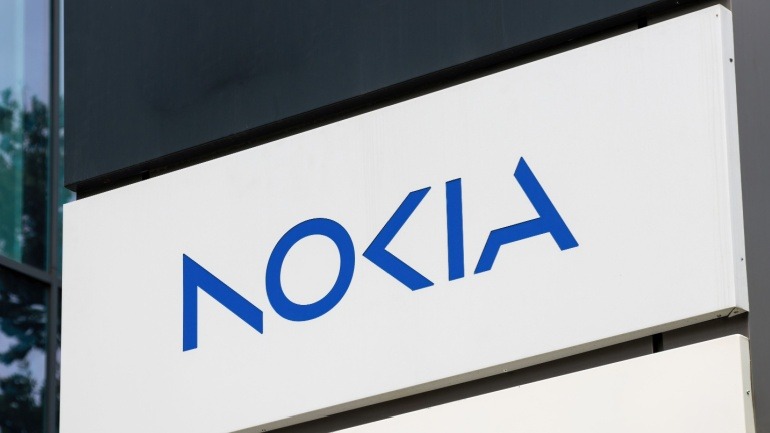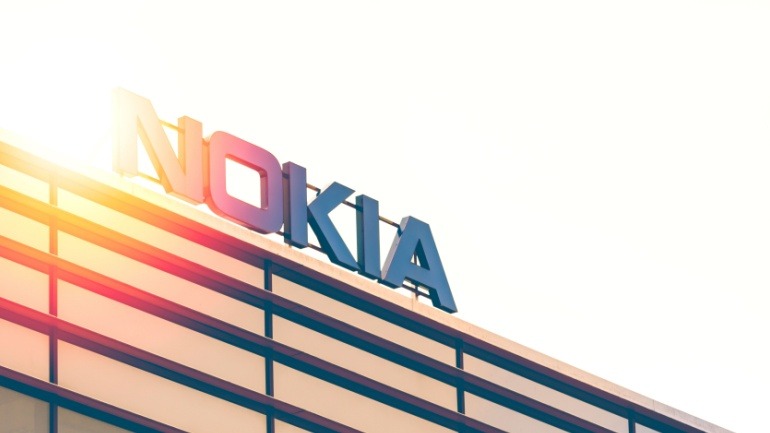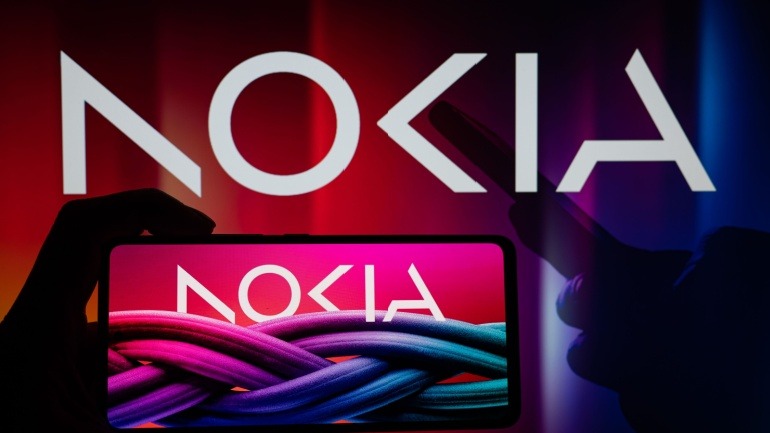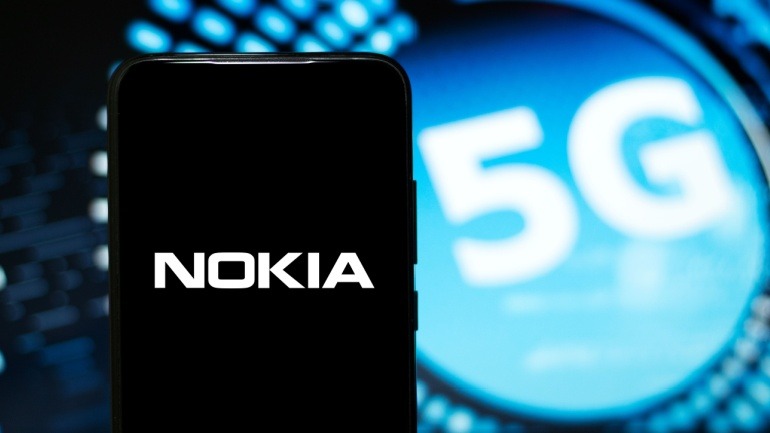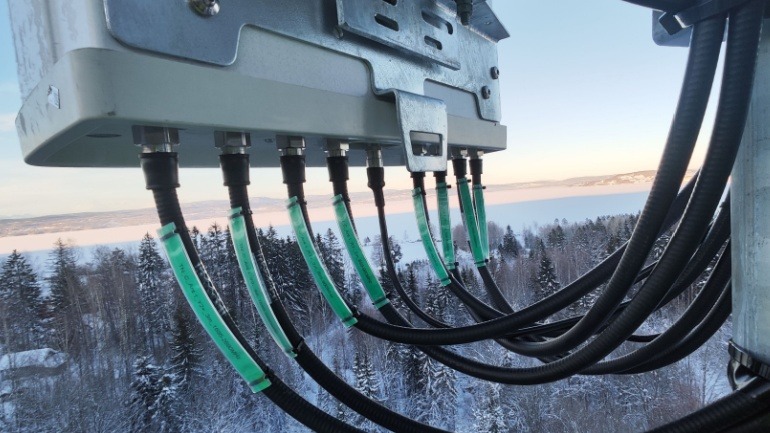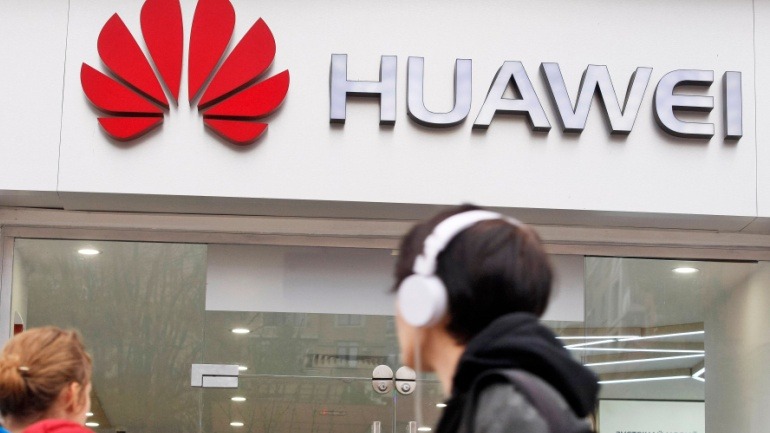Discover how today’s network infrastructure struggles to support AI’s explosive growth. A Nokia study highlights the urgent need for modernization, as current networks fall short of meeting AI demands. With increased focus on AI-native networks, industries must invest to leverage this AI supercycle and avoid bottlenecks.
As Nokia pursues a cost-saving strategy, an additional 300 job cuts in Greece and Italy loom, sparking protests across Europe. These layoffs contribute to a broader restructuring plan, impacting Nokia’s enterprise campus edge, microwave radio, and fixed-line access. Amidst significant workforce reductions, employees remain steadfast in opposing these measures.
Nokia and Bharti Airtel have teamed up to offer developers in India a seamless integration of network capabilities via the Network as Code platform. This strategic move provides access to Airtel’s network APIs, enhancing VoIP capabilities with AI, 5G, and edge computing. This collaboration empowers innovation and creates new revenue channels in telecommunications.
Nokia and Telefónica Germany have extended their partnership to modernize the radio access network and accelerate 5G rollout, vital for Germany’s digital transformation. Nokia’s energy-efficient, AI-capable AirScale RAN solutions will enhance coverage and performance, while Cloud RAN and AI-driven tools promise advanced network management. This collaboration highlights their commitment to a connected future.
Nokia’s recent strategic shift raises eyebrows as it slashes European jobs while investing $4 billion in US R&D. This move underscores a stark pivot towards American interests amid Europe’s digital sovereignty push. As Nokia realigns, VoIP professionals must assess the implications on European technology autonomy and market dynamics.
Private 5G is gaining attention as a transformative force in industries like manufacturing, logistics, and public safety where Wi-Fi and public 5G fall short. By supporting high-demand applications and enabling industrial transformation, private 5G offers a competitive edge. Its potential hinges on ecosystems like edge computing and AI integration, paving the way for substantial growth in the telecom market. Despite complexity, its unique benefits and expansive opportunities make it a critical innovation in today’s digital landscape.
Nokia is navigating significant challenges in the private 5G sphere, eyeing the sale of its enterprise campus edge division by 2026. This move indicates a strategic pivot towards larger telco partnerships, raising concerns over service continuity for its private 5G clientele amidst criticism of mixed messaging.
The radio access network market is stabilizing, offering a promising outlook after past downturns. While the RAN growth remains steady, the mobile core network shows impressive gains, especially with 5G developments. Companies like Ericsson and Nokia are key players, advancing telecom infrastructure with innovative VoIP solutions, paving the way for future growth.
The Radio Access Network market continues to thrive in 2025, with key players like Huawei, Ericsson, Nokia, ZTE, and Samsung steering the industry forward. The RAN sector is evolving through artificial intelligence and cloud-native technologies, especially in Asia-Pacific. Stay updated with the latest trends and insights in VoIP solutions.
In the ever-evolving tech cold war, the European Union carefully navigates Huawei’s controversial presence by utilizing a strategic ‘toolbox’ of recommended security measures. As the EU weighs a potential ban, VoIP technologies could see significant shifts depending on alliance formations and geopolitical pressures, significantly impacting global telecommunications infrastructure.




